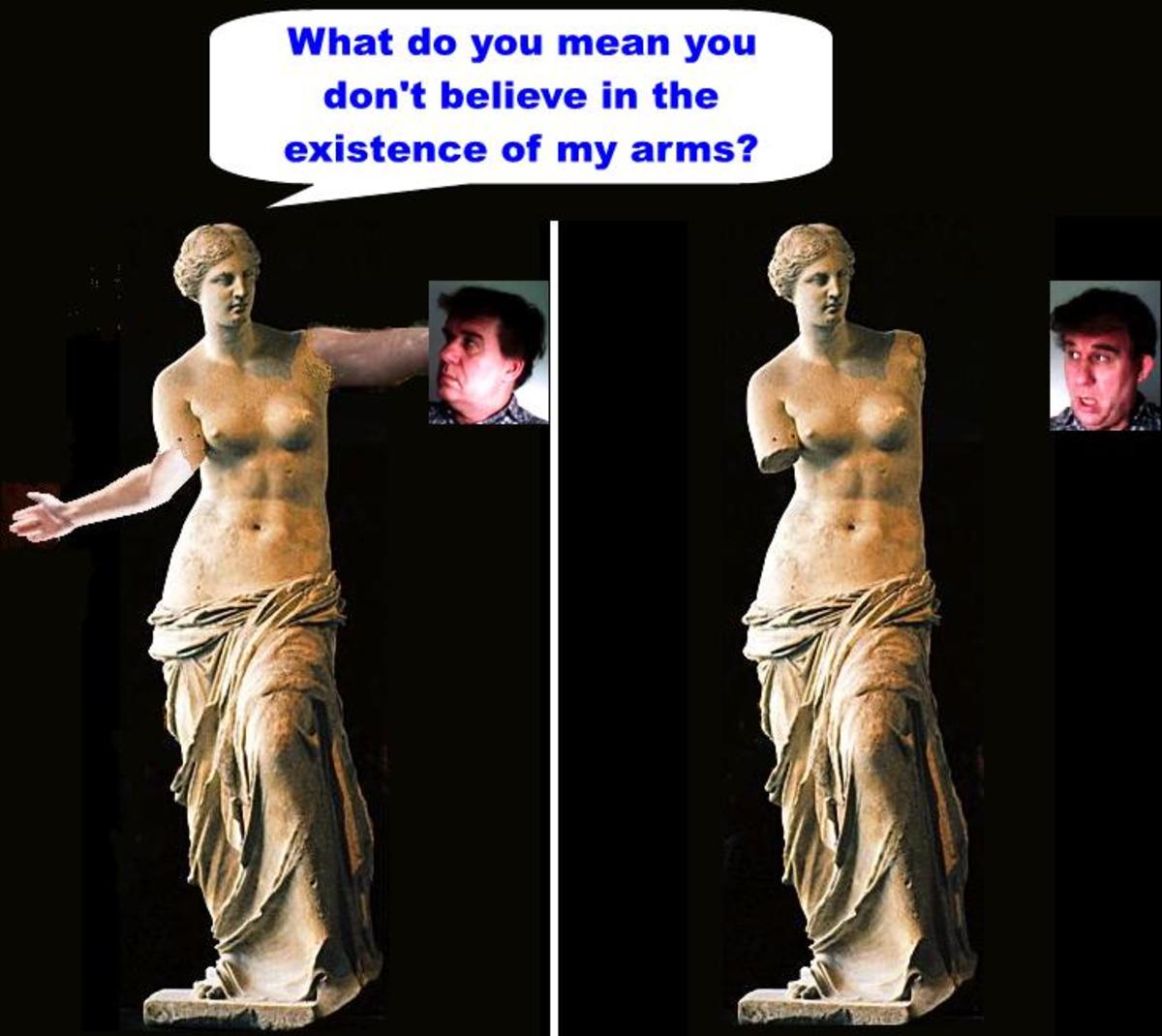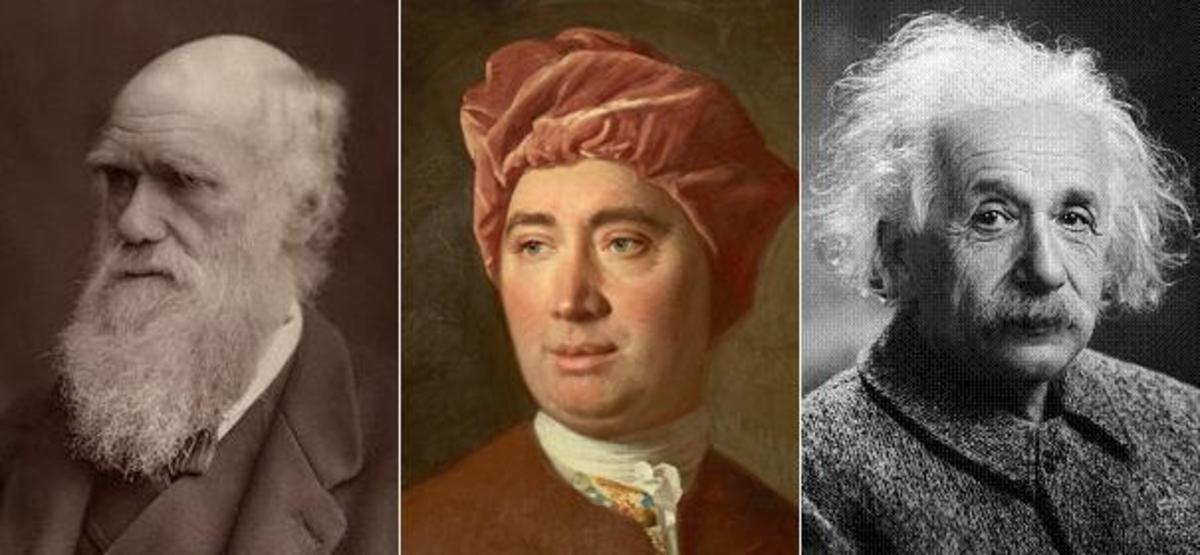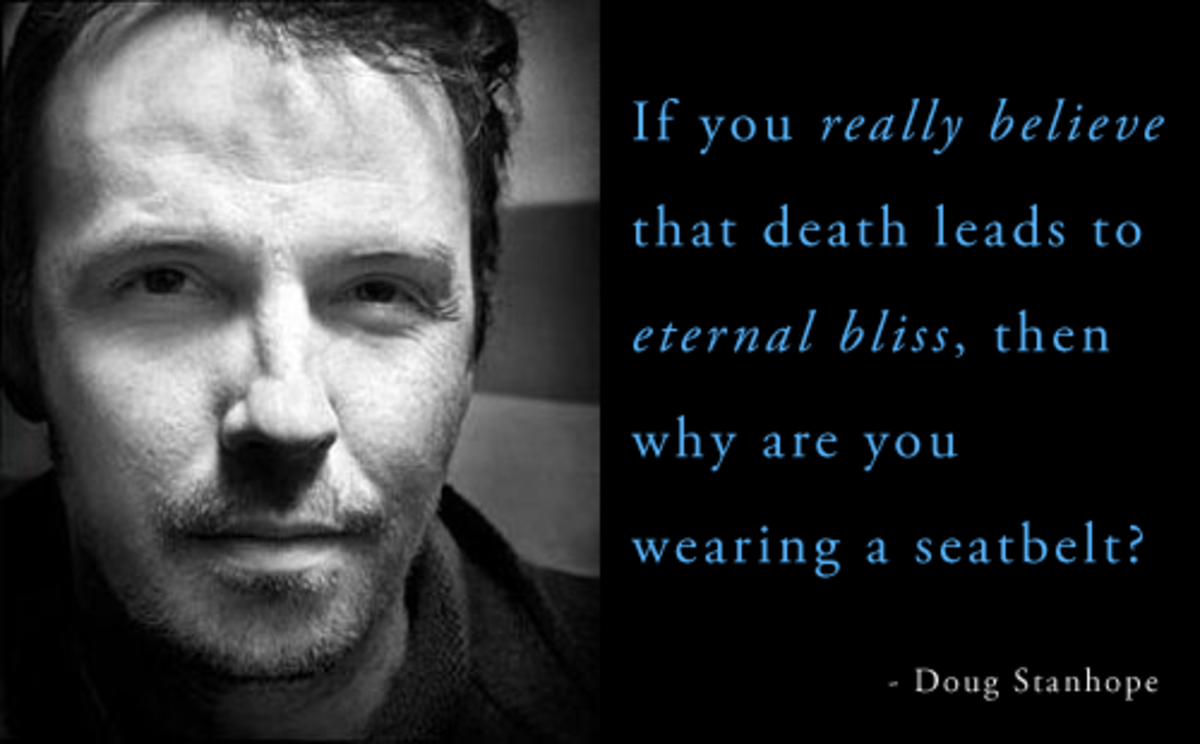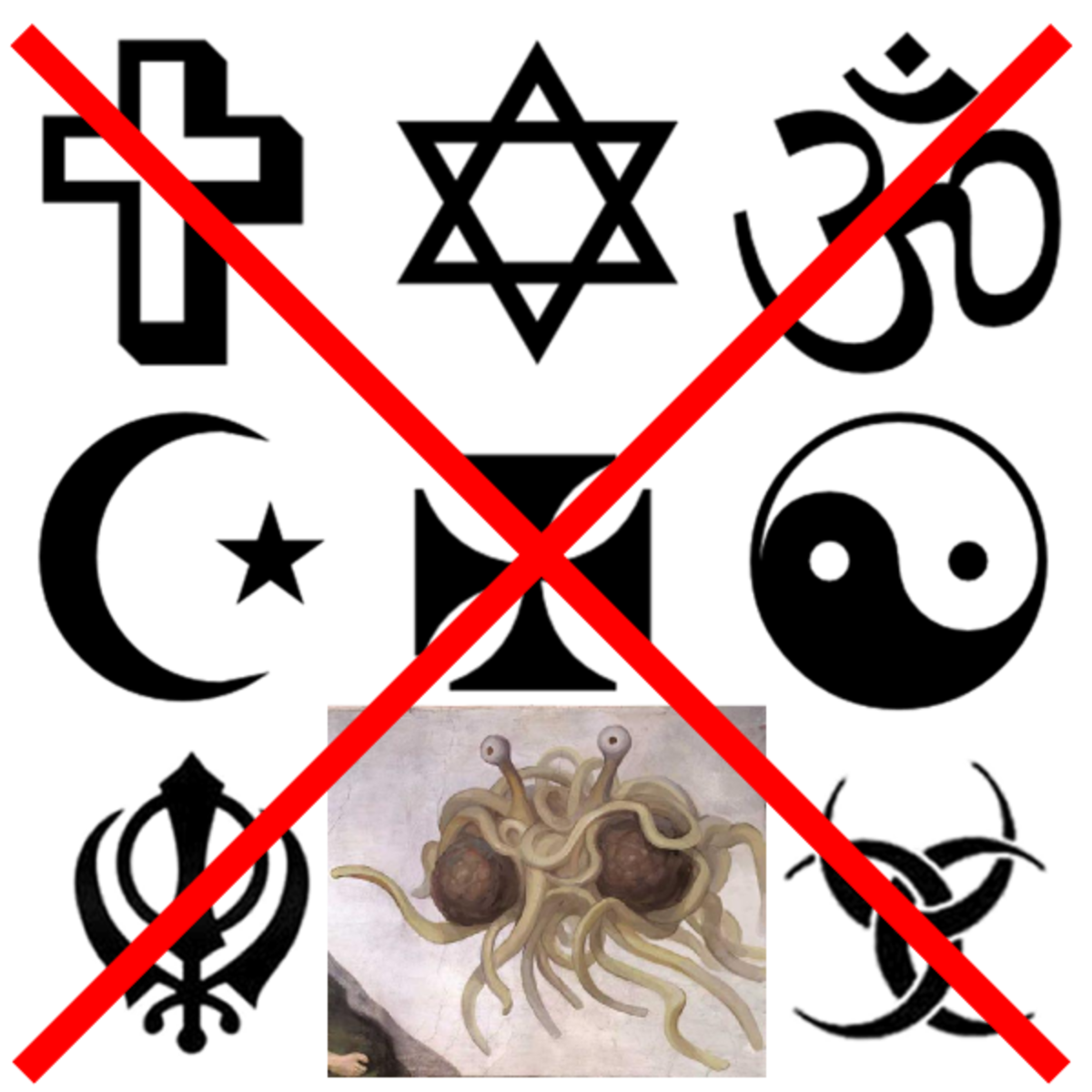A Debate About Whether It Is Logical To Have Faith In God
The trial to explain the existence of God completely by logic and therefore in an analytically true way was firstly done by the scholastic philosopher and saint Anselm of Canterbury who presented the “Ontological Argument” in one of his most important works “Proslogion”. It basically says that God can not be non-existing because God is the greatest thing in the universe and nothing greater can be conceived. The greatest thing has all qualities and one of them has to be existence, claims Anselm. He calls existence a predicate of God as God exists by necessity. This theory raised a lot of discussions and in this essay it will be looked at the different views which deal with this theory and if logic is able to prove the existence of God.
Opposers Of Logical Believing In God
There are a lot of arguments against the theory that it is analytically true that God exists. Firstly Anselm just says that existence is a predicate. Kant argued that there are a lot of reasons to think that existence is not a predicate. He says that you can think of something as a living thing but this does not necessarily mean that it is really there and not only in our mind. An example for this is a dragon. Most people know what a dragon looks like and which abilities it has but this does not mean that it really exists. For Kant any statements about the existence of something are synthetic which means that they need to be verified. For example it has to be verified that that a chair has a brown colour because because this chair could have possibly another colour.
Another opponent of the Ontological Argument is Gaunilo. One argument of him against this theory is that if someone hears something from another one it does not have to be necessarily true. For example if a husband tells his wife that he saw an elephant at work this is not necessarily true as the man may be lying.
Another argument of him is his analogy of the perfect island. Although most people can imagine how a perfect island would be looking like, with hundreds of palms and a nice beach, it does not have to necessarily exist. It is simply saying that it is absurd to think that something exists only because you can imagine it and that you can not just define things into reality.
Supporting Ideas For Logical Faith

But there are also a lot of arguments which strengthen the theory of Anselm. Descartes, who was a French philosopher, argued in one of his main works “Meditations on Philosophy” that the existence of God cannot be doubted just as every rule of mathematics. For example a triangle has always three sides and this is called “immutable” by Descartes which means that a thing is incapable of being changed. According to Descartes it is part of God’s nature that God exists and therefore a part of him (or her) is existence. In short, his argument was that God was a supremely perfect being and perfection includes existence so that it is logical to believe that God exists.
Another way or arguing that the Ontological Argument is right would be if the possible replies of Anselm to Gaunilo are imagined. Anselm not only said that God is the greatest possible being, he also said that God’s existence is necessary so it is different to the island as it does not have to exist. It is also not really possible to think of an perfect island as it is firstly subjective what a perfect island would be and also there can be always thought of an island that is twice as good as the previous perfect one because, for example, there is no maximum for palms. “The idea of a greatest possible island is an inconsistent idea.” – Platinga
All in all, it can be said that there are a lot of reasons why it is such a long-discussed argument. It has a lot of strengths but there are also weaknesses which show that it is very hard to prove the existence of God just by logical thinking. So I would say that there is no real answer to this topic but it is good that so many philosophers thought about it so that we may understand better why there are reasons to believe or not believe in the existence of God.
- Reasons For and Against Abortion - A Short Abortion ...
In our modern society, abortion and whether parents have the ethical right to decide if they use abortion or not is a greatly discussed topic. The reason for that is probably because there are no...








